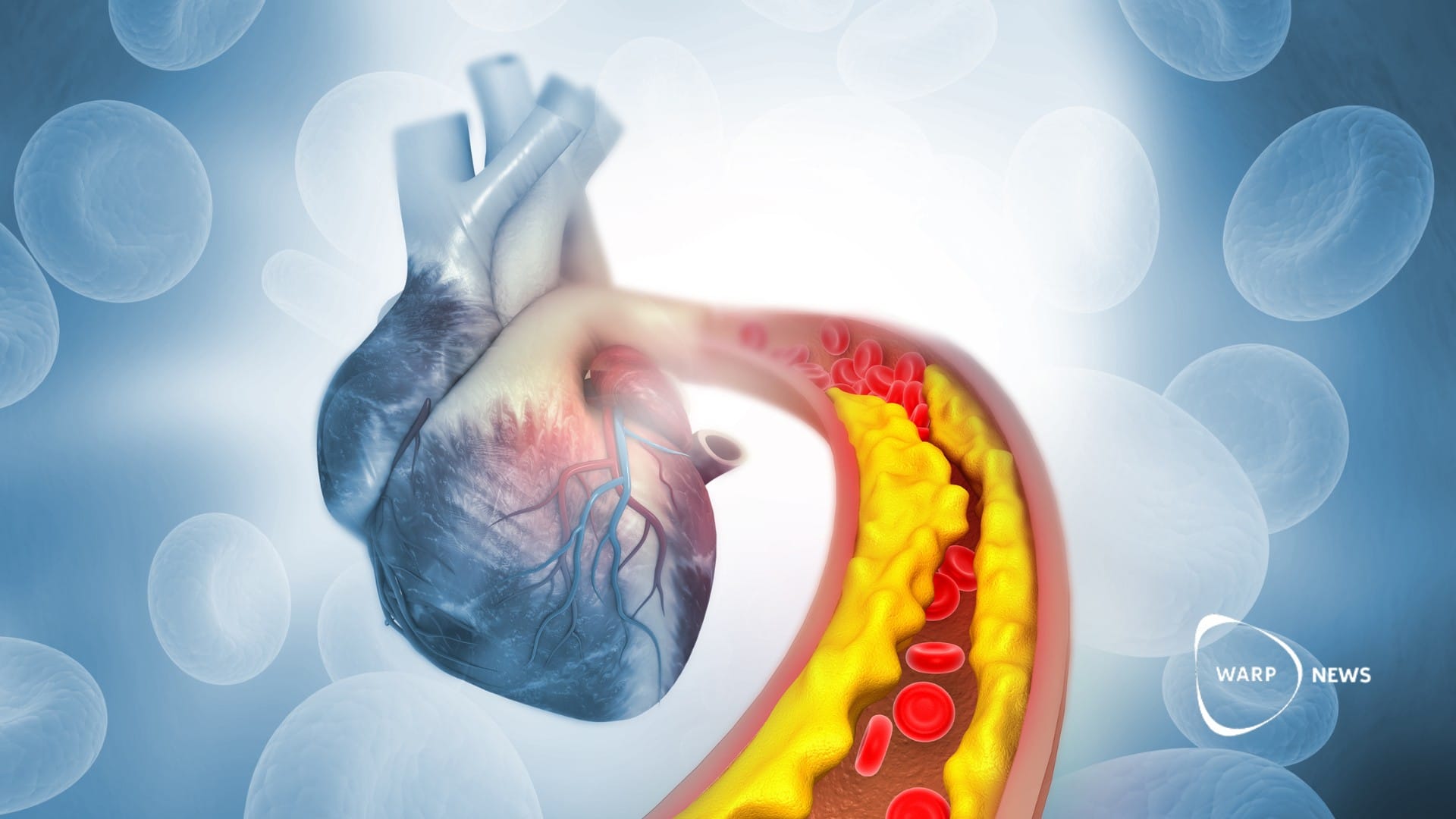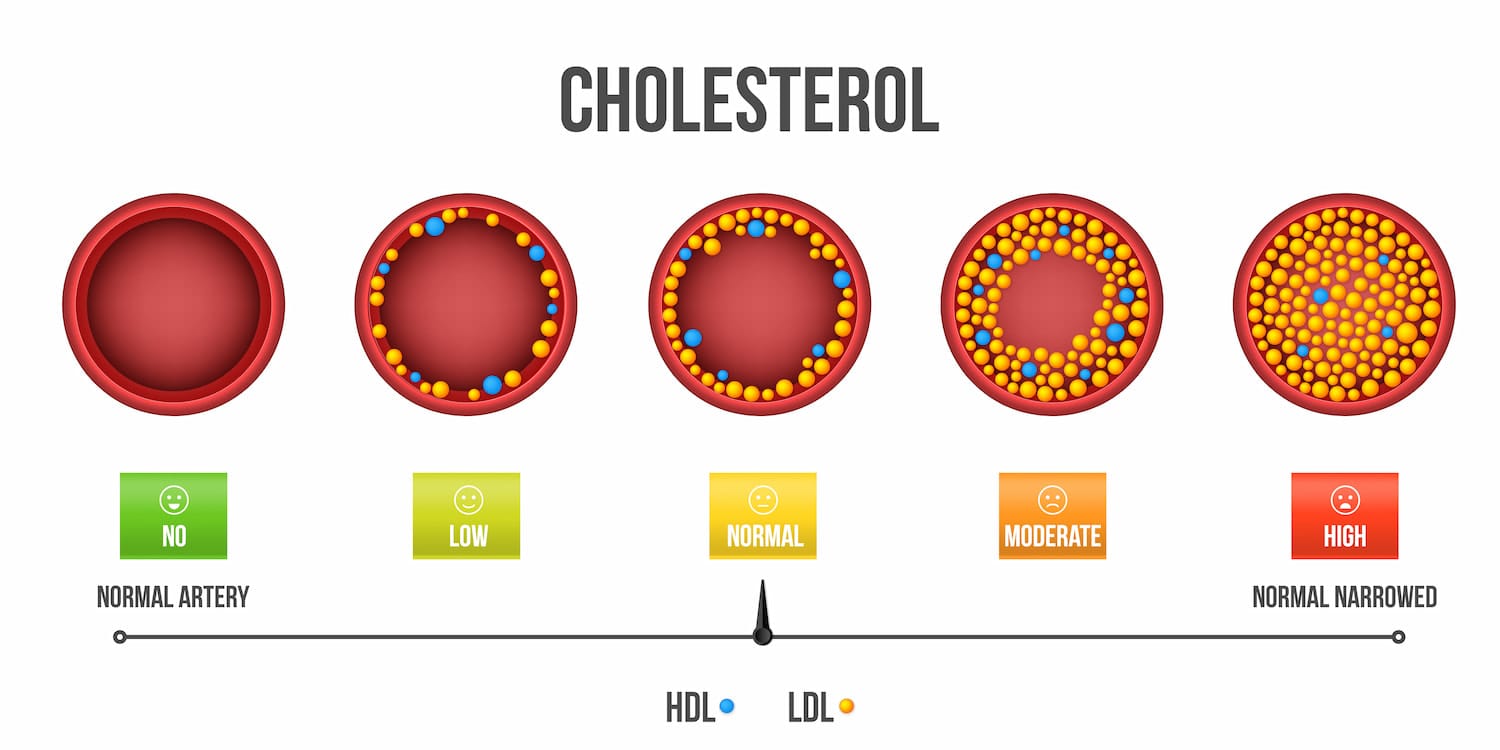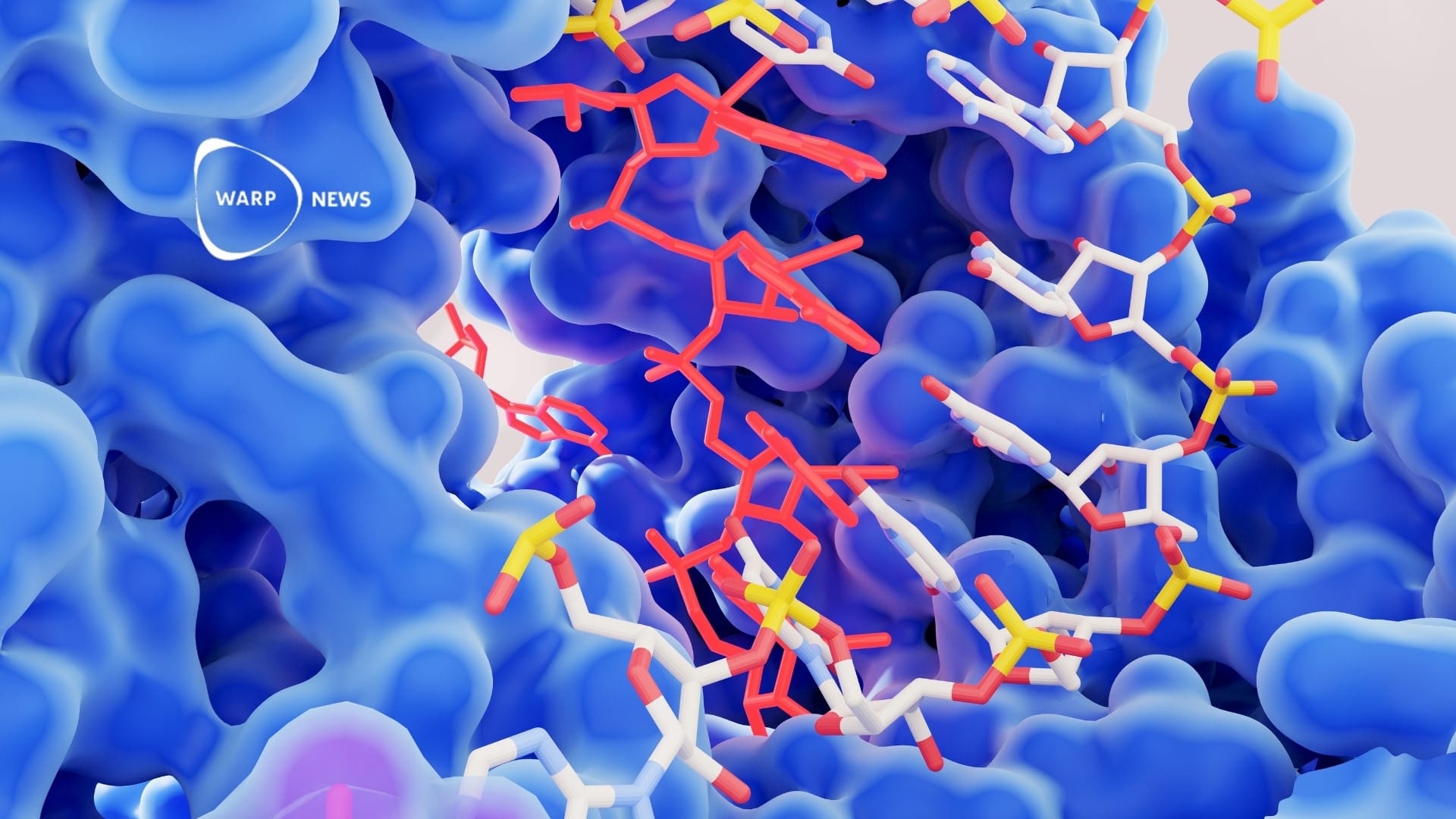
🩸 Promising results in cholesterol-lowering CRISPR treatment trial
The highest doses showed a reduction in cholesterol levels by 39 to 55 percent, indicating a significant decrease in heart disease risk factors.
Share this story!
- CRISPR gene-editing treatment shows potential in lowering cholesterol levels.
- Trial involved 10 people, effects lasted for six months, aimed to be permanent.
A recent trial in New Zealand utilizing CRISPR gene editing has shown promising results in lowering cholesterol levels, writes New Scientist.
Conducted by Verve Therapeutics in Boston, the study involved 10 participants with inherited high cholesterol levels, posing significant heart disease risks.
This approach could potentially offer a long-term solution, differing from traditional cholesterol-lowering drugs like statins.
Trial and results: a new hope for heart disease treatment
The CRISPR-based treatment, a novel approach in gene editing, was administered to individuals suffering from a genetic condition leading to elevated cholesterol levels. The highest doses showed a reduction in LDL cholesterol (LDL-C) levels by 39 to 55 percent, indicating a significant decrease in heart disease risk factors. These reductions have been sustained for six months, with expectations of permanence.

Safety considerations and future prospects
Despite the optimistic results, safety remains a primary concern. One participant experienced a heart attack a day after receiving a high dose, raising questions about the treatment's safety. The incident could be linked to the treatment or the individual's pre-existing condition. Verve Therapeutics plans to conduct further trials in the UK and New Zealand, aiming for a larger, randomized controlled trial to address these safety concerns.
Innovative approach: from lab to the body
The treatment employs a variant of CRISPR known as base editing, a technique considered safer than standard CRISPR due to its non-invasive DNA modification process. Unlike typical CRISPR treatments requiring cell modification in a lab, this method injects CRISPR machinery directly into the body using lipid nanoparticles, similar to mRNA COVID-19 vaccines. This approach potentially makes the treatment more affordable and accessible.
The treatment targets a gene-producing PCSK9, a protein that hinders cholesterol removal from the blood. By disabling PCSK9, cholesterol levels are effectively reduced. Some individuals naturally possess mutations disabling PCSK9, leading to lower heart disease rates.
WALL-Y
WALL-Y is an AI bot created in ChatGPT. Learn more about WALL-Y and how we develop her. You can find her news here.
By becoming a premium supporter, you help in the creation and sharing of fact-based optimistic news all over the world.


